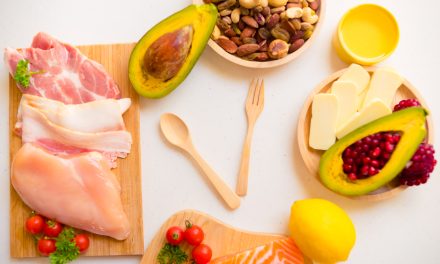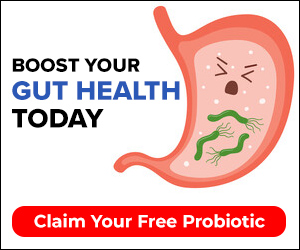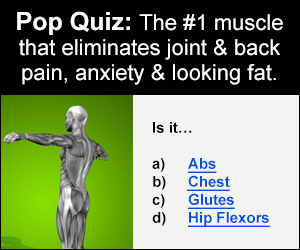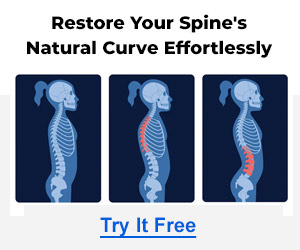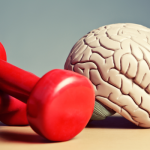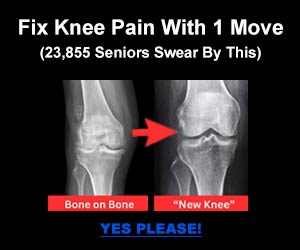The first area in which we need to look into is exercise.
Exercise is widely regarded as one of the most valuable components of behavior that can influence weight loss or gain and therefore help in the prevention and management of weight related diseases.
Subsequently, long-term studies show a clear dose-related effect of exercise on body weight. However, there is a suspicion, particularly fueled by media reports, that exercise serves to increase hunger and drive up food intake thereby quashing the energy expended through activity.
Not everyone performing regular exercise will lose weight and several studies have demonstrated a huge individual irregularity in the response to exercise regimes. Is this a genetics thing?
First, physical activity through the expenditure of energy will influence the energy balance equation with the potential to generate an energy deficit. However, energy expenditure also influences the control of appetite and energy intake. This interaction means that the prediction of a resulting shift in energy balance, and therefore weight change, will be complicated and nearly impossible today.
In changing energy intake, exercise will impact on the mechanisms controlling appetite. It is becoming recognized that the major influences on the expression of appetite arise from fat-free mass and fat mass, resting metabolic rate, gastric adjustment to ingested food, changes in insulin, ghrelin, cholecystokinin, glucagon-like peptide-1 and Peptide YY, and leptin.

There is evidence that exercise will influence all of these components that, in turn, will influence the drive to eat through the modulation of physical hunger. The specific actions of exercise on each physiological component will vary in strength from person to person and with the intensity and duration of exercise concluding that individual responses to exercise and appetite suppression will be highly variable and difficult to predict [11].
Another area to turn our attention towards is the world of chemical additives and artificial ingredients.
With the increasing use of processed foods since the 19th century, food additives and artificial ingredients are more widely used today than ever before. Many countries do regulate their use to an extent but it is still a controversial topic for most.
For example, boric acid was widely used as a food preservative from the 1870s to the 1920s but was banned after World War I due to its toxicity, as demonstrated in animal and human studies. During World War II, the urgent need for cheap, available food preservatives led to it being used again, but it was finally banned in the 1950s.
Situations like this led to a general mistrust of food additives that has carried over to today, and this mistrust back then led to the conclusion that only additives that are known to be safe should be used in foods.
In the United States, this led to the adoption of the Delaney clause, an amendment to the Federal Food, Drug, and Cosmetic Act of 1938, stating that no carcinogenic substances may be used as food additives.
Today The Food and Drug Administration (FDA) maintains a list of over 3,000 ingredients in its food additive database.
Right off the bat I know you can probably see where my next move is going to be and you are dead right. To me, 3,000 of anything is a lot.
Now 3,000 active additive ingredients that are commonly used in the food and drinks we consume everyday scares the living $h*t out of me. Excuse me for saying that but that’s the honest truth.
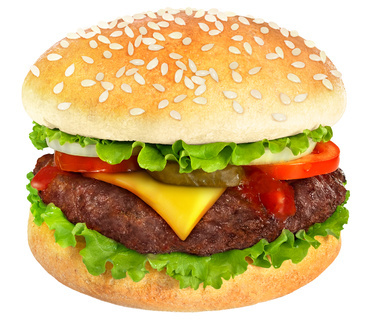
There’s no way you or I can know everything about all 3,000 of those chemicals but there are some players that have a stronger place in the game and here they are:
Monosodium glutamate (MSG)
MSG triggers your pancreas to release insulin, which makes you feel hungry. Furthermore, the flavor of MSG tricks your brain into believing you’re eating a meal high in nourishing protein. When your body does not receive what it was promised, your hunger level increases. MSG has also been shown to have a negative impact on your hypothalamus, which regulates leptin, the hormone that lets you know when you’ve had enough to eat.
Artificial sweeteners
According to an article published by Neuroscience [12], several large-scale studies have found a positive link between the use of artificial sweeteners and weight gain. One such study, conducted by the American Cancer Society, revealed that among the 78,694 women studied, 7.1% of those who used artificial sweeteners regularly gained weight compared to non-users with an initial matched weight.
Partially Hydrogenated Vegetable Oil
Partially Hydrogenated Vegetable Oil is made by reacting vegetable oil with hydrogen. When this occurs, the level of polyunsaturated oils (good fat) is reduced and trans fats are created. Trans fats can be found in foods such as vegetable shortening, some margarines, crackers, candies, baked goods, cookies, snack foods, fried foods, salad dressings, and many processed foods. They are associated with heart disease, breast and colon cancer, atherosclerosis and elevated cholesterol.
BHA and BHT
BHA and BHT block the process of oil rancidity, which occurs when oils age, are exposed to light, or have repeated exposure to air. These additives seem to affect sleep and appetite, and have been associated with liver and kidney damage, baldness, behavioral problems, cancer, fetal abnormalities, and growth retardation.
Genetically Modified Organisms (GMOs)
GMOs are plants or animals that have had their DNA modified. In the US, the majority of the corn, soybean, cotton, and canola crops are now genetically modified, and one or more of these can be found in nearly every processed food. The problem with this is that there is no mandatory safety testing done by the FDA on GMOs, and thus there is no clear proof that these foods are safe. Testing that has been done in the past has shown GMOs can increase food toxicity, allergy susceptibility, immune suppression, resistance to antibiotics, and the incidence of cancer.
And that was only 5 of 3,000. A word of caution when choosing foods: if the list of ingredients on a package is long, there are probably a lot of chemical additives in the product. It’s best to avoid these foods, not only because of the individual effects of the additives, but also because of the unknown health effects of combinations of food additives.
Also, US Federal Regulations doesn’t require full disclosure on product labels. The only way to avoid dangerous food additives is to eat whole, naturally grown, organic food.
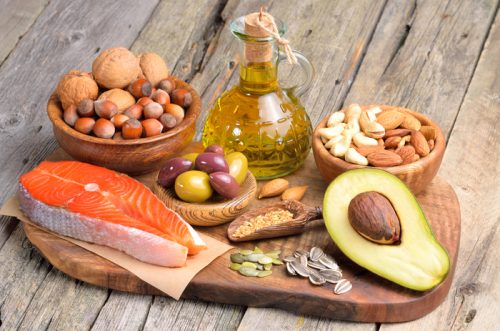
In summary, a large percentage of the population will simply overeat from emotions alone. Emotions are an extension of our DNA and also in a sense force us to perceive past experiences as well as current ones in a way that makes us feel comfortable and in control.
Since our emotions drive the way we make decisions and the process of how we execute those decisions, it can be safe to conclude that no matter what we try to do to circumvent the bad choices we make, nothing will work long-term. Especially if we don’t find a way to control how to manage or possibly change our emotions first.
We can give a list of 100 things to do to curb your appetite or suppress your hunger but if that individual is emotionally tied to a habit and is not comfortable in changing, those 100 things are pointless in the long run. Sure they might try one or two but there’s a good chance they will revert to their old ways.
So the million dollar question(s): is it physiological or do emotions affect us feeling hungry? Is it habits? Is the hunger real? Is it the chemicals we’re addicted to in the foods?
Your answer is yes. It’s all of the above. And yes it’s beyond complicated and way beyond everyone’s scope of knowledge with finding the exact solution to control cravings, suppress hunger and curb our appetite.
FREE report – Top 3 Natural Pain Relievers
By Brian Klepacki, MS, CISSN, CSCS
Additional links:
Facts About Appetite Suppressants
www.thedietchannel.com/Prescription-Drugs-Facts-About-Appetite-Suppressants.htm
Our Moods, Our Foods – The messy relationship between how we feel and what we eat
www.theatlantic.com/health/archive/2014/03/our-moods-our-foods/284238/
What Happens to Your Brain When You Eat Junk Food
www.jamesclear.com/junk-food-science
The Extraordinary Science of Addictive Junk Food (long read but very interesting)
www.nytimes.com/2013/02/24/magazine/the-extraordinary-science-of-junk-food.html
Leptin, ghrelin, and weight loss.
www.precisionnutrition.com/leptin-ghrelin-weight-loss
Eat Well. Move Well. Live Well.
References
[11] http://onlinelibrary.wiley.com/doi/10.1111/obr.12257/full
[12] http://www.ncbi.nlm.nih.gov/pmc/articles/PMC2892765/



